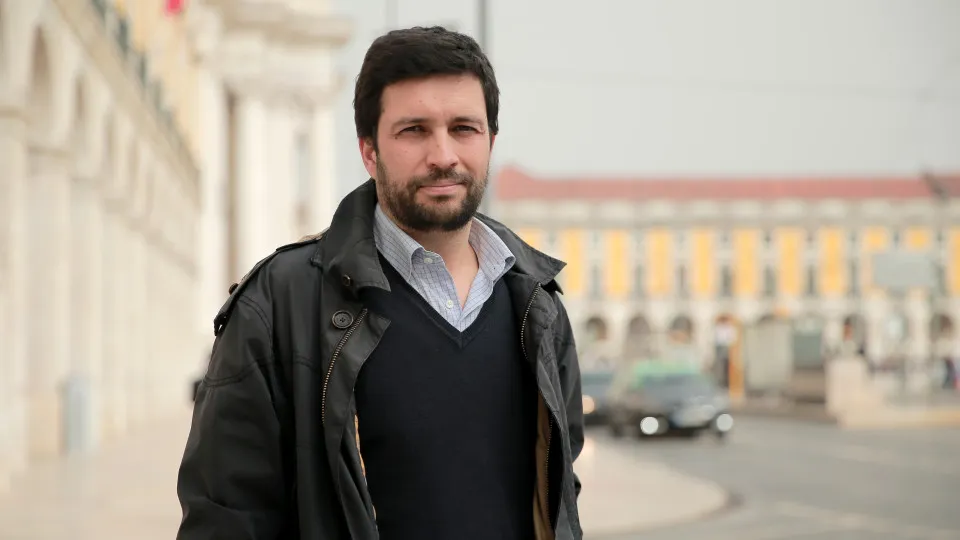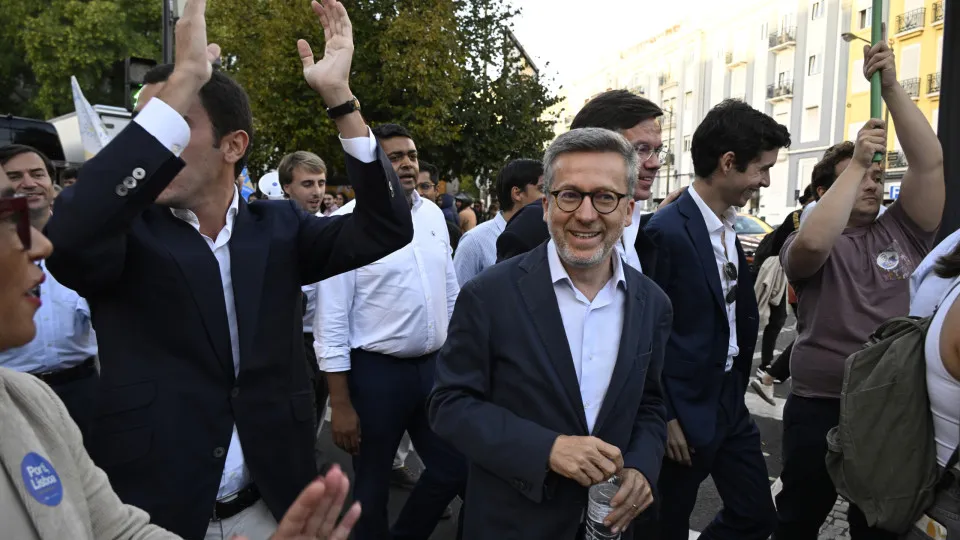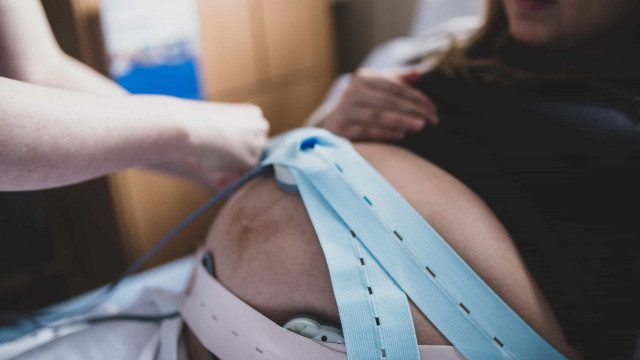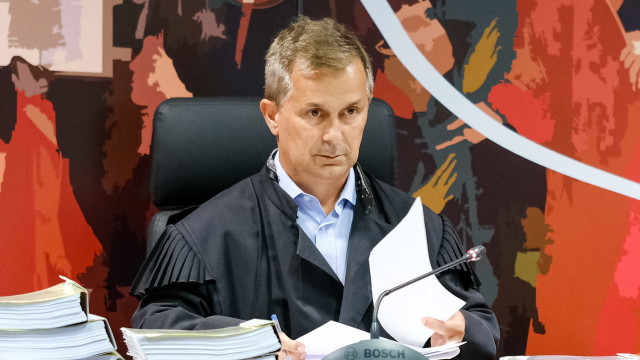
According to João Ferreira, the communist candidate for the Lisbon City Council (CML), the number of users of this mode of transportation is steadily increasing, indicating a clear interest and willingness to adopt this form of mobility.
“The municipal intervention has not matched this interest and willingness. We lack bike lanes and bicycles. The network is still very patchy, with significant gaps that need to be filled. The development of the bike lane network has been very slow in recent years,” he argued.
João Ferreira pointed out that the bike lane audit promised by Carlos Moedas during the campaign four years ago, which recently presented results, is “a very useful tool for realizing network development” and “ensuring a healthier coexistence between this mode of transport and cars.”
“We have had some known issues in this regard. They have mainly occurred where there are no segregated bike lanes, highlighting the importance of these segregated lanes,” he stated.
The audit “identifies the main gaps in this network, such as major routes still missing in the city,” including along the Riverside Front, “where some accidents have even occurred” (such as on Avenida da Índia), or from Marquês de Pombal towards Avenida da Liberdade and the entire Baixa area, he explained.
Furthermore, the candidate emphasized the current problems with the Gira municipal bike-sharing system, citing “a lack of stations, a lack of bicycles at the stations, the need for more adequate and regular maintenance of the bicycles,” and an app that “causes headaches for everyday users of the system due to recurring failures.”
He declared that the Gira network “has been malfunctioning for a long time. Its development has also been slow, and some parishes, contrary to announcements, remain outside the shared bike network,” he noted, highlighting that “the parish of Santa Clara, for example, currently has no stations in operation.”
The CDU initiative began at a Gira station in Olivais, where challenges arose immediately, as “in half a dozen stations,” they only managed to find two bicycles at one.
The journey to Marquês de Pombal passed through Avenida Marechal Gomes da Costa, the Rotunda do Relógio, Campo Grande, Avenida da República, and Avenida Fontes Pereira de Melo.
João Ferreira also noted that in some areas “along this central axis of the city,” there are “somewhat problematic interactions, especially with bus stops,” stressing the need to ensure “healthier coexistence between pedestrians and cyclists.”
In the upcoming municipal elections, candidates for the presidency of the Lisbon City Council include Alexandra Leitão (PS/Livre/BE/PAN), Carlos Moedas (PSD/CDS-PP/IL), João Ferreira (CDU-PCP/PEV), Bruno Mascarenhas (Chega), Ossanda Líber (Nova Direita), José Almeida (Volt), Adelaide Ferreira (ADN), Tomaz Ponce Dentinho (PPM/PTP), and Luís Mendes (RIR).
The current municipal executive includes seven officials from the Novos Tempos coalition – PSD/CDS-PP/MPT/PPM/Alliance, seven from the Mais Lisboa coalition – PS/Livre, two from the CDU, and one from BE.




